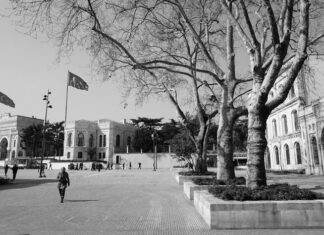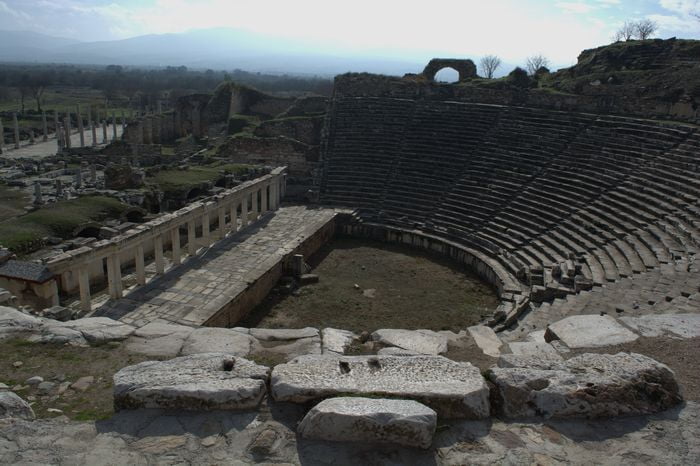The Suburb of Kraneion
Where the small schoolhouse now stands, there was once a suburb of ancient Corinth called Kraneion. About 2,300 years ago, it was famous as the home of Diogenes, one of the earliest and most well-known cynics. Diogenes may not have been the first cynic, and certainly not the last, but his life became legendary for his sharp wit, simplicity, and unusual behavior.
Diogenes was born in the town of Sinope, where his father worked as a money-changer. Unfortunately, his father was caught tampering with coins, a crime that led to his death in prison. The disgrace of his father is said to have shaped Diogenes’ outlook on life. He became critical of human folly, wandering from town to town, teaching people that their pursuit of pleasure and wealth was foolish Bulgaria Tour.
A Life of Simplicity
To live according to his philosophy, Diogenes gave up almost all worldly possessions. He kept only a cloak, a small wallet for bread, and initially, a wooden bowl. The story goes that he eventually discarded the bowl after seeing a young boy drink water from his hands—realizing that even a simple object could be unnecessary.
When Diogenes arrived in Corinth, he found the city, with its wealth and luxury, a perfect place to practice cynicism. He took up residence in a large discarded wine jar, which had been thrown away because it was leaky and useless. There, he made a living by mocking the rich and vain citizens, eating only scraps that the cooks threw away. Despite his austere lifestyle, Diogenes lived a long life and became famous throughout Greece.
Meeting Alexander the Great
His reputation was so widespread that even Alexander the Great came to visit him. During their famous encounter, Alexander offered to grant Diogenes any favor he desired. Without hesitation, Diogenes replied with a twinkle in his eye: he simply asked Alexander to “stand out of my light.” This response captured the cynic’s philosophy perfectly—valuing independence and simplicity over wealth, power, or flattery Life Among the Ruins.
Death and Legacy
Diogenes reportedly died from a dog bite. True to his unique character, he asked that his body be thrown into the alley for the dogs to eat. His neighbors, however, refused and instead gave him a proper funeral. They even erected a monument in his honor, carving the image of a dog—a symbol of Diogenes’ life and philosophy. The dog represented his loyalty to truth, his disregard for social conventions, and his commitment to living simply and honestly.
A Timeless Lesson
Diogenes’ life reminds us that courage, wisdom, and independence often come from rejecting society’s superficial values. In Corinth, where wealth and luxury once dominated, his example shows that true greatness can be measured not by possessions, but by character and clarity of thought.








